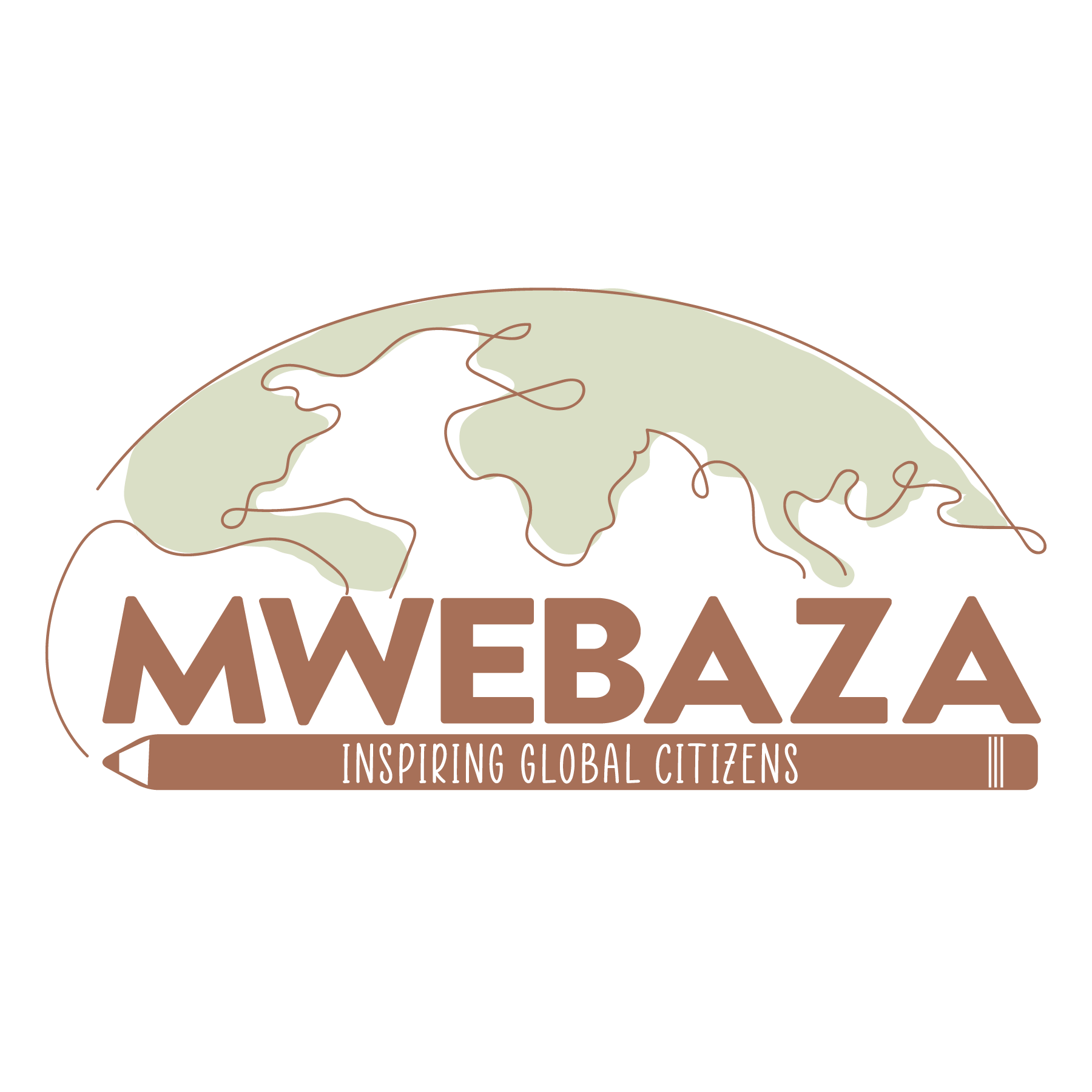What does the Mwebaza Foundation do?
We lead cross-cultural education activities and teach global studies curricula to students in Uganda and Colorado. Through these cultural exchange activities, students explore who they are, celebrate cultures, and discover solutions to global issues.
We invest in social enterprises created and led by Ugandan school communities that generate income for participants and the school. These businesses allow the school to reduce tuition costs, generate revenue for business participants, and plan for future projects without relying on external financial support.
Why does Mwebaza work in Uganda?
In 2007, Mwebaza's founder, Dale Peterson, was teaching first grade at Niwot Elementary when he noticed something troubling: his textbook's unit on Africa featured animals and landscapes, but nothing about the people who call the continent home. Believing his students deserved a more complete picture, Dale applied for a pen-pal exchange through People to People International and was matched with Mwebaza Infant Primary School in Kyengera, Uganda, led by Headmistress Namatovu Catherine.
What began as a simple pen-pal exchange blossomed into a deep friendship between educators across continents. As their collaboration grew beyond letter-writing to include meaningful projects and cultural exchange, Dale founded Mwebaza Foundation to ensure this partnership could continue and expand independently. Today, that initial connection between two classrooms has grown into lasting relationships between numerous communities in Colorado and Uganda, all rooted in the belief that authentic cross-cultural understanding begins with seeing and valuing one another as people.
How does Mwebaza Foundation measure impact and program success?
We measure impact through multiple complementary approaches. Our Ugandan project manager monitors and evaluates the success of our social enterprise programs, while our Ugandan educator does the same for our in-school programs. Both make regular school visits, working closely with teachers and community members to monitor progress and adapt to changing conditions on the ground. Annual trips by our U.S. team allow for direct connection with partner communities, comprehensive project reviews, and collaborative strategic planning for the year ahead.
We've also added pre- and post-program student surveys each school year, giving us valuable data on how our programs are affecting students' experiences and outcomes. Together, these methods help us understand what's working, where we can improve, and how to strengthen our impact over time.
How does Mwebaza Foundation practice diversity, equity, and inclusion?
We believe that those closest to the challenges are best positioned to create solutions. That's why we prioritize hiring Ugandan staff members—they are the experts in what their communities need. Our Ugandan project manager and educator lead the day-to-day monitoring, evaluation, and implementation of our programs, ensuring decisions are rooted in local knowledge.
Our U.S. staff and board participate in ongoing learning opportunities - including a bi-annual retreat with facilitators who lead us through examinations of our organizational structure and practices, and help us create more inclusive and equitable ways of working. This continuous reflection ensures we're not perpetuating savior narratives or inequitable practices, but genuinely working together in ways that honor local leadership and expertise.
What are some key challenges in sustaining our Uganda-Colorado partnerships?
As a Colorado nonprofit dedicated to fostering global citizenship amongst students through cross-cultural learning, our greatest opportunity—and challenge—is sustainable growth. Traditional curricula often leave significant gaps in global understanding, empathy, and diverse perspectives—skills essential for developing tomorrow's just and equitable leaders.
The Mwebaza Foundation addresses this by offering alternative curriculum activities that center on diverse narratives and help students uncover who they are through authentic global connections.
We've intentionally structured our organization so that U.S. staff salaries are funded through our endowment, ensuring 100% of school and community fundraising goes directly toward educational programs in Colorado elementary schools and Uganda. Our Ugandan staff salaries currently rely on recurring monthly donors, but our goal is endowment funding for greater long-term stability.
Over the next 3-5 years, we're focused on expanding our endowment through increased fundraising and corporate partnerships. A larger endowment means supporting more Colorado schools with culturally responsive curriculum, deepening cross-cultural educational programs, ensuring stable employment for our team, and maintaining our commitment to direct community impact.

